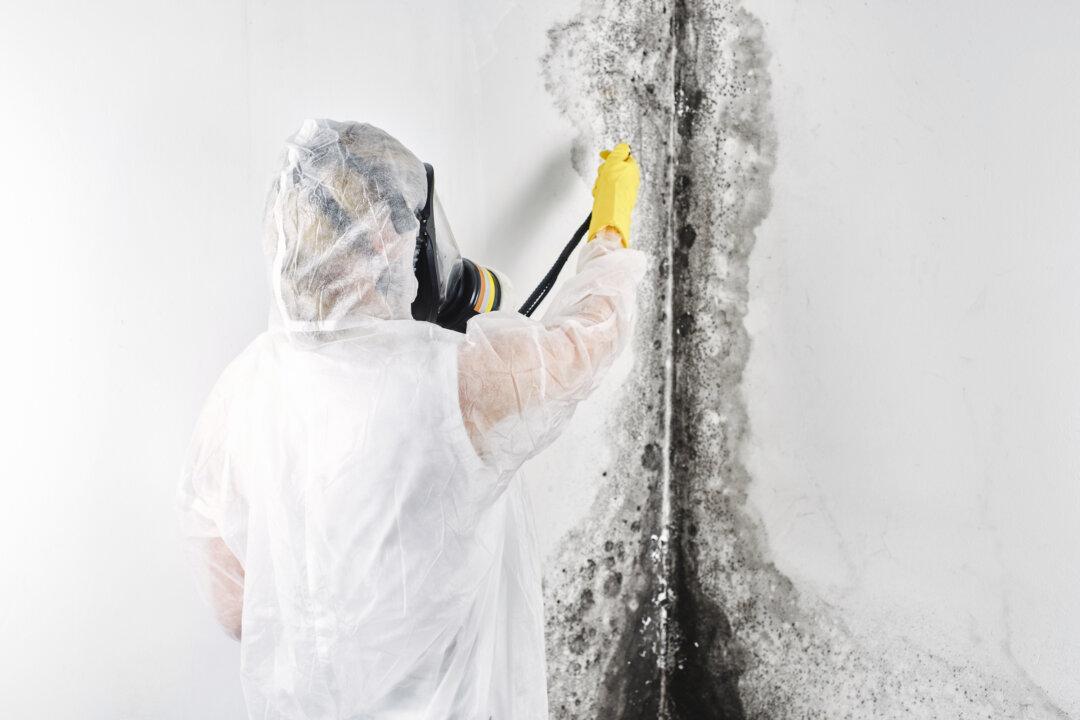Spring moisture and summer heat provide the ideal conditions for mold to take hold in your basements, bathrooms, areas behind walls, or any moist, dark place in your home. Mold can cause health problems and potential require a very expensive remediation job if it gets out of control. Here are seven tips for how to handle a mold infestation.
It’s Not About the Mold
Mold remediators say the same thing over and over: You don’t have a mold problem, you have a moisture problem. So when you’re trying to get rid of mold, you need to figure out the source to prevent it from coming back. Mold thrives in dark, damp areas, so it often lurks in attics, basements, ceilings, crawlspaces, behind walls, in windows and under sinks.
Never Hire the Same Person to Test for and Remediate the Mold
It creates a big conflict of interest if the same people who tell you that you need expensive remediation are the ones who stand to benefit from it. Hire a separate company to test for mold, and then have them verify the work after your remediator has completed the job.
You Can Get Rid of Mold Yourself, but Only in Small Quantities
If you find small amounts of surface mold, the EPA recommends scrubbing the surface with water and detergent or a multipurpose cleaner, then drying as thoroughly and quickly as possible. However, if the mold covers more than 10 square feet, or if it’s behind walls, hire a professional. Also, don’t forget to protect yourself with gloves, goggles and a mask – you don’t want mold on your skin or in your lungs.
Don’t Place Things Against Exterior Walls
Placing furniture or fixtures up against exterior walls inhibit air circulation, attract moisture and encourage mold growth. If you shove boxes in a closet against the wall and forget about them, you may find a nasty mold surprise months later.
Trust Your Senses
If you detect the distinctive, musty odor of mold, turn off your HVAC system at the beginning of the day, close all the doors, and go room by room to find the strongest odor.
Keep the Area Dry After Work Is Completed
Particularly in the time immediately after mold treatment, monitor the affected area and ensure it remains clean and dry. If you find any additional damage or mold growth, contact your remediation company immediately.
Ask Your Mold Pro What Third-Party Certifications They Hold
In addition to required state or local licensing, you can increase the likelihood of hiring a reliable pro by asking for certification from a reputable third party, such as the Indoor Air Quality Association or the Institute of Inspection, Cleaning and Restoration Certification. These organizations require a high level of continuing education and standards or work to hold certification.
Tweet your home care questions with #AskingAngi and we’ll try to answer them in a future column.
Copyright 2023 Ask Angi. Visit at angi.com. Distributed by Tribune Content Agency, LLC.






